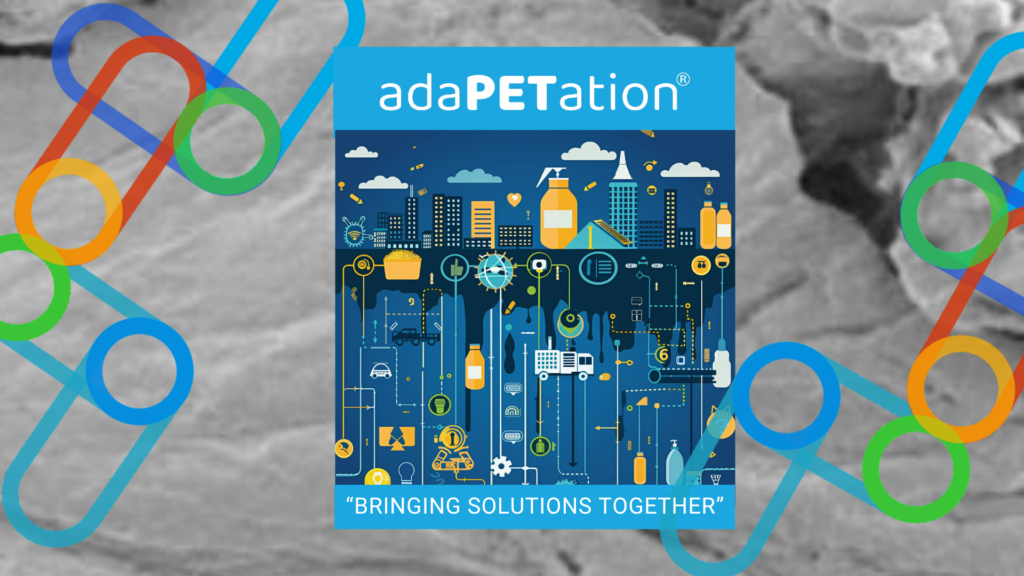
Explore how data-driven methodologies are revolutionising urban waste management through the innovative work of Siddharth Hande and Kabadiwalla Connect. Discover the transformative potential of integrating informal waste ecosystems, leveraging advanced technologies, and fostering stakeholder collaboration to create sustainable, efficient waste management systems.

In the dynamic world of urban waste management, leveraging data to optimise waste collection, aggregation, and processing is becoming increasingly crucial. Social entrepreneur Siddharth Hande, founder and CEO of Kabadiwalla Connect, exemplifies this approach through his innovative work in Chennai, India. His efforts focus on developing scalable and inclusive solutions that integrate the informal waste ecosystem into formal waste management systems. This article delves into how data-driven methodologies can revolutionise waste management, drawing on Hande’s insights and supporting information from other sources.
The challenge of urban waste management
Urban centres, especially in developing countries, face significant waste management challenges. With rapid urbanisation and increasing consumption, cities like Chennai generate vast amounts of waste daily. Hande explains, “In Chennai alone, there are 2,000 waste collectors and 500 aggregators collecting between 130,000 tons of recyclable waste annually.” The problem is exacerbated by inefficient waste collection systems, leading to over-reliance on landfills and inadequate recycling rates.
The role of data in optimising waste management
- Mapping and integration: to address these challenges, Kabadiwalla Connect employs geographic information systems (GIS) to map the informal waste ecosystem. By understanding the locations and operations of waste collectors and aggregators, the organisation can integrate these crucial stakeholders into the broader waste management infrastructure. “We mapped every street and found that waste collectors collect about 25% of the city’s recyclable waste,” Hande notes. This data-driven approach ensures that waste collection is efficient and comprehensive.
- Data-driven decision making: data collected from waste collectors and aggregators informs better decision-making. For instance, identifying areas with high recyclable waste generation helps allocate resources more effectively. Hande highlights, “Our philosophy is really brute force, like location data and running long questionnaires to understand the scrap shops and their business.” This granular data allows for targeted interventions, optimising the entire waste management process.
- Enhancing recycling rates: advanced data analytics can improve recycling rates by identifying bottlenecks in the waste management process. For example, Kabadiwalla Connect’s research revealed that “two or three big formal recyclers in Chennai have consistent demand, leading to almost 100% collection rates for PET plastics in certain areas.” By ensuring a steady supply of recyclable materials, data can help stabilise and enhance recycling operations.
Supporting data-driven waste management: global insights
- The power of informal waste collectors: a report by the International Labour Organization (ILO) highlights that informal waste collectors recover materials worth billions of dollars annually, significantly reducing the burden on formal waste management systems. Integrating these workers into formal systems can enhance efficiency and sustainability.
- Technological innovations: emerging technologies, such as the Internet of Things (IoT) and machine learning, can further optimise waste management. Smart bins equipped with sensors can provide real-time data on waste levels, enabling dynamic route optimization for collection trucks. This reduces fuel consumption and operational costs while ensuring timely waste collection.
- Policy and regulatory support: government policies and regulations play a vital role in promoting data-driven waste management. Incentives for using advanced recycling technologies and mandates for data transparency can encourage waste management companies to adopt innovative solutions. Public-private partnerships can also drive investment in necessary infrastructure.
Overcoming challenges and scaling impact
Despite the potential of data-driven waste management, several challenges remain. Hande acknowledges that traditional financing models and operational paradigms can hinder the adoption of innovative solutions. “Municipalities often prioritise landfilling due to cost constraints, but this approach is not sustainable in the long run,” he explains. Advocating for decentralised waste collection systems that involve informal waste collectors can address these challenges.
- Engaging stakeholders: effective waste management requires collaboration among various stakeholders, including municipalities, waste management companies, and informal workers. By fostering partnerships and ensuring fair compensation, cities can create a more inclusive and efficient waste management system.
- Building capacity: training and capacity-building programs for waste collectors and aggregators can enhance their ability to participate in data-driven systems. Providing access to technology and educating workers on sustainable practices can significantly improve the overall efficiency of waste management.
- Demonstrating success: pilot projects and case studies showcasing the benefits of data-driven waste management can help build momentum. As Hande points out, “We are yet to scale but the idea of thinking about the informal recycling chain in the Global South as infrastructure is spreading.” Successful examples can inspire other cities to adopt similar approaches.
The transformational power of a data-based mindset
Optimising waste management using data is not just a theoretical concept but a practical solution demonstrated by initiatives like Kabadiwalla Connect. By integrating the informal waste ecosystem, employing advanced technologies, and fostering collaboration, cities can significantly enhance their waste management systems. As Siddharth Hande’s work illustrates, data-driven methodologies can create a more sustainable and efficient urban environment, turning waste management challenges into opportunities for innovation and growth.
LOOKING FOR MORE INSPIRATION?
Systems thinking can help us see PET plastics differently, not as an insurmountable problem but as a challenge we can collectively address. If you’re looking for more examples of inspirational solutions around the world dive deeper into the adaPETation® Solutions Network and let’s reshape our world for the better.
Share it
THE HISTORY OF PLASTIC
Throughout the history of plastic, PET has been crucial in keeping food fresh with lightweight and durable packaging solutions that have helped reduce food waste for almost a century. Learn all about the invention of plastic and the important role it has played feeding people and saving the lives of humans and elephants in the adaPETation® timeline of the history of plastic.





